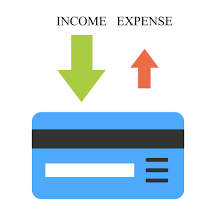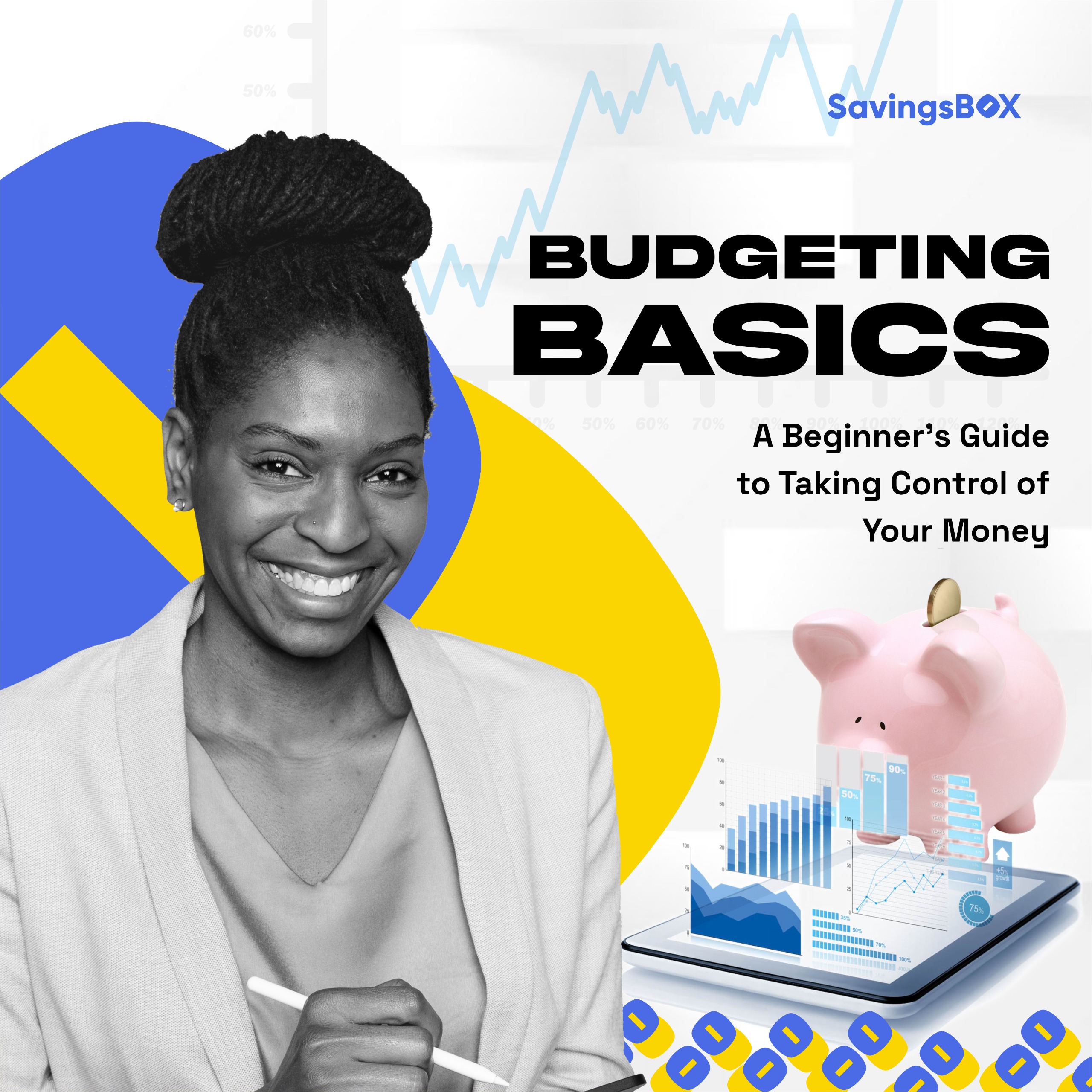Share This Article
Welcome to the first post in our financial literacy series! Today, we’re diving into the basics of budgeting—a crucial skill for anyone looking to take control of their finances. Whether you’re just starting out or need a refresher, this guide will help you understand the essential steps to create and manage a budget effectively.
Why Budgeting Matters
A budget is more than just a spreadsheet filled with numbers – it’s a roadmap to your financial goals. It helps you understand where your money goes, identify areas for improvement, and ultimately, achieve financial freedom. Whether you’re a seasoned professional or just starting your financial journey, a budget is essential for taking charge of your money.
Steps to Create a Budget
- Determine Your Income
The first step to creating a budget is understanding how much money you have coming in each month. This includes your salary, any side hustles, or other sources of income. Gather your pay stubs, bank statements, or any documents that detail your income for a clear picture. Once you have this information, calculate your total monthly income.
- Track Your Expenses
Now comes the not-so-fun part: tracking your expenses. For one month, meticulously record every money you spend, no matter how small. You can use a pen and paper, a budgeting app, or a spreadsheet. Categorize your expenses as essential (rent, utilities, groceries), debt payments (minimum payments for loans ), discretionary (entertainment, dining out), and savings/investments.

- The Big Picture: Income vs. Expenses
Once you’ve tracked your income and expenses for a month, it’s time to analyze the data. Compare your total income to your total expenses. Ideally, your income should be greater than your expenses. If not, don’t despair! This is where the magic of budgeting happens.
- Create a Spending Plan
Here comes the fun part: building your budget plan! Based on your income and spending habits, allocate funds to your various expense categories. Aim to allocate a higher percentage towards essential expenses and debt repayment, and a smaller percentage towards discretionary spending,
- Prioritize Your Savings Goals
Building a budget isn’t just about spending less; it’s also about saving more. Identify your financial goals, whether it’s an emergency fund, a dream vacation, or a down payment on a house. Allocate a specific amount towards your savings goals in your budget plan.
- Monitor and Review
Remember, a budget is a living document, not a rigid rulebook. Life happens, and unexpected expenses may arise. Be flexible and adjust your budget as needed. The key is to track your progress regularly. Are you sticking to your budget? Are you reaching your savings goals? Regularly review your budget and make adjustments as needed.
Bonus Tips for Managing Expenses Effectively
- Automate Savings: Set up automatic transfers to your savings account to ensure you save consistently. You can check out the savingsbox autobox savings plan for this feature www.savingsbox.ng/services/saving
- Cut Unnecessary Expenses: Identify non-essential spending and find ways to reduce or eliminate it.
- Use Budgeting Tools: Leverage apps and software Microsoft Excel spreadsheets to keep track of your finances.
- Plan for Irregular Expenses: Allocate money each month for irregular expenses like car repairs, medical bills, or annual subscriptions.
- Review Subscriptions: Regularly check and cancel any unused or unnecessary subscriptions.
- Embrace the 50/30/20 Rule: This popular budgeting strategy allocates 50% of your income towards needs, 30% towards wants, and 20% towards savings/debt repayment. It’s a great starting point for creating a balanced budget.
- Embrace the “No Spend” Challenge: Challenge yourself to avoid unnecessary spending for a set period (e.g., a weekend, a week). This can help you identify areas where you can cut back and strengthen your willpower.
Budgeting is a powerful tool that can help you take control of your financial future. By following these steps and tips, you can create a budget that works for you, helping you manage your money effectively, avoid debt, and achieve your financial goals. Stay tuned for more financial literacy posts to continue your journey towards financial empowerment.
Remember, the key to successful budgeting is consistency and adaptability. Start today, and watch your financial confidence grow!




1 Comment
blog
Such an interesting piece. Thank you for this, would definitely implement this in my everyday life.